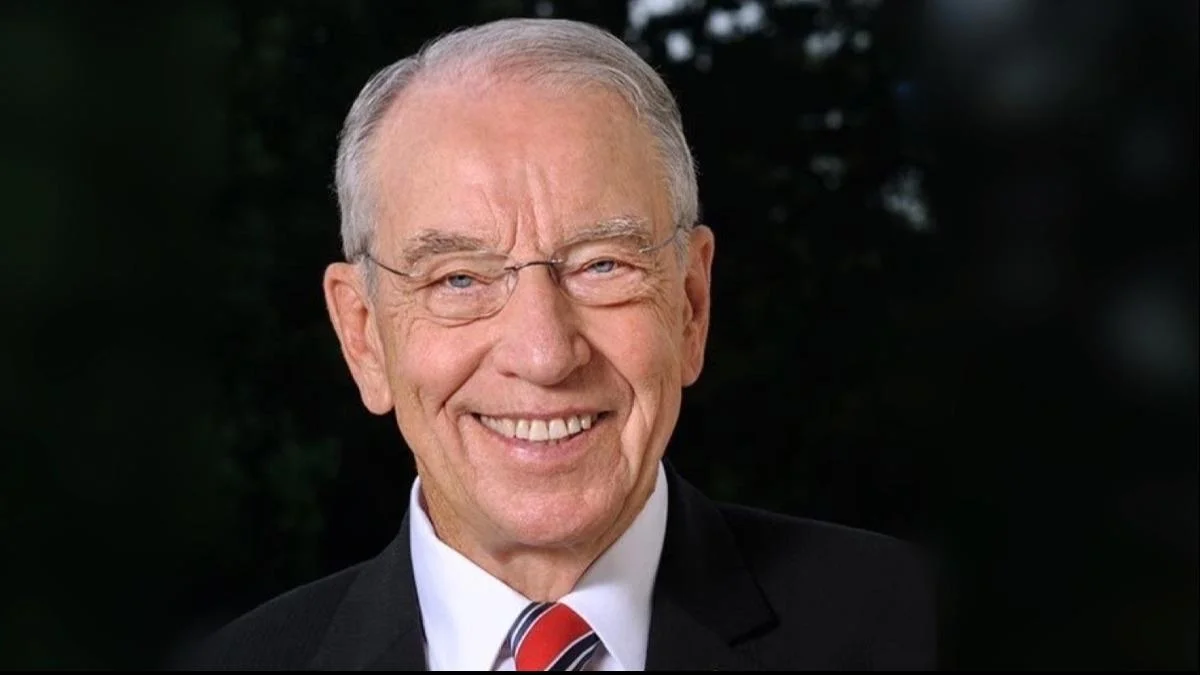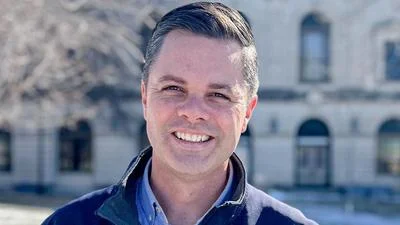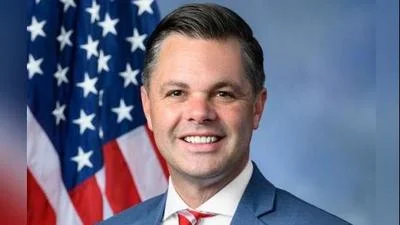Sen. Chuck Grassley - US Senator for Iowa | Official U.S. House headshot
Sen. Chuck Grassley - US Senator for Iowa | Official U.S. House headshot
Witnesses at a Senate Judiciary Committee hearing led by Chairman Chuck Grassley (R-Iowa) discussed concerns about crime data manipulation, lenient sentencing, and the impact of recent criminal justice policies in cities led by Democrats.
The panel included Forlesia Cook, grandmother of a violent crime victim; Gregg Pemberton, chairman of the D.C. Police Union; Christopher Goumenis from the Drug Enforcement Administration; Peter Marketos from the U.S. Marshals Service; and Tennessee State Senator Brent Taylor.
During questioning, Grassley addressed allegations that Washington, D.C. officials had inflated crime reduction statistics. He asked Pemberton whether claims of a 35 percent drop in crime were accurate. Pemberton responded: “The Internal Affairs Division at the Metropolitan Police Department had publicly announced they were investigating command staff officials for manipulating crime data. The accusation was that they were going into police databases and changing felonies to misdemeanors to keep crime numbers down.
“Do I believe that crime data was inflated? Yes… Our members report to [the D.C. Police Union] quite often… that when officers respond to the scene of a crime, and they’re investigating what they believe is a felony, inevitably some management official will contact them, either by arriving on the scene or by phone, and direct them or sometimes even order them to take a report for lesser offenses – typically misdemeanors – to keep those crime stats down.
“The reporting that crime went down 35 percent in 2024, and then another 25 percent in the first six months of 2025 – I don’t think those numbers are accurate at all.”
Grassley also questioned Goumenis about how progressive prosecutors and new criminal justice policies have affected law enforcement work since 2020. Goumenis said: “Since approximately 2020, law enforcement has begun to move away from proactive policing… to more of a reactive way of policing…. Lawmakers, prosecutors and even police officials passed policies and procedures limiting patrol officers’ ability to engage in proactive policing… There became a practice of releasing criminals immediately after an arrest rather than keeping them incarcerated. Legislators followed suit by passing cashless bail or pushing for people to be released on personal recognizance bonds regardless of the crime committed. This practice has allowed for a revolving door of criminals in and out of the justice system in prisons. Incarcerations have been shortened. Sentences have been reduced. Criminals have become emboldened. Criminals no longer fear arrest, convictions [or] incarcerations.
“The D.C. Superior Court routinely releases criminals on personal recognizance bonds shortly after they've been arrested. As I stated earlier, most the time they're released before my agents even finish processing evidence.”
Cook described her experience with sentencing following her grandson’s murder: “We read our impact statements, and let me tell you, Marty was so loved in my family, we had at least 30 impact statements. After we read them, [the judge] said to us, ‘Thank you for your impact statements.’ She looks over at the killer, she looks over at him and she says… ‘Is there anything [you’d] like to say? I know you had a stressful day, after listening to all of that.’
“No, we did not receive justice. He was given, concurrently, with the time that he was charged with guns and drugs, 10 years concurrently. So, he had already done four, now how many years does that mean? He’ll get five years of probation or on parole? So how many years does he actually do in jail? This is a heinous murder that he committed.”
On gun regulations as a response to violent crime rates in major cities, Grassley asked Taylor whether further restrictions would help address safety concerns. Taylor replied: “What citizens in Memphis are fearful of are the guns that are on the streets [with] people that shouldn’t have them… this picture here, this is a group of young men in a convenience store posing with long guns and handguns so that they can have a picture for social media. It's these types of pictures that I want to try to stress because they don't have these guns because we don't have enough regulations. They have these guns because they don't follow the law.
“We can pass all the gun laws you want but criminals are criminals by nature. We've had that problem since Cain slew Abel with a rock. We don't need to continue to put restrictions on law-abiding citizens who just simply want to protect themselves in their homes.”






 Alerts Sign-up
Alerts Sign-up